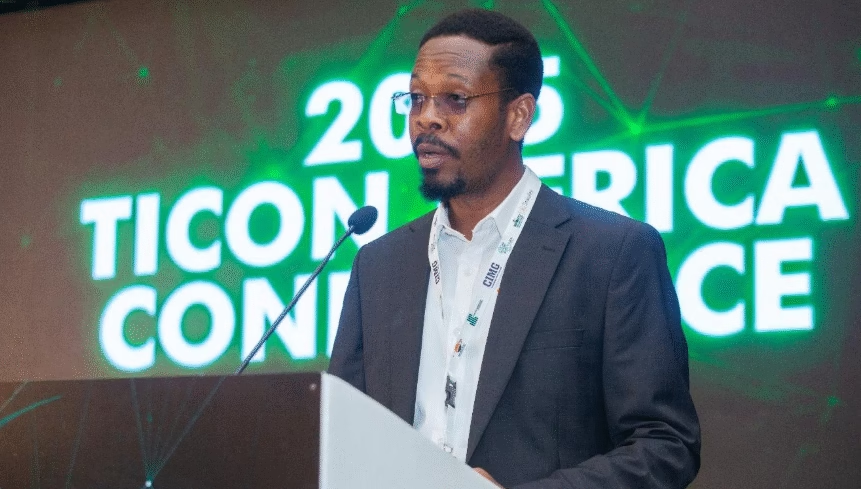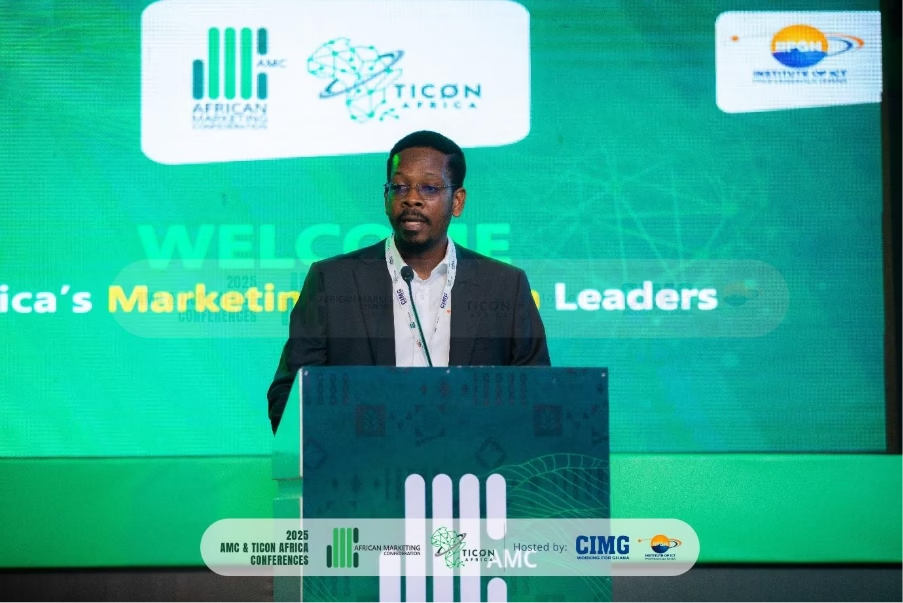
At a pivotal moment in Africa’s digital transformation, Ghana stands out with bold policies, vibrant innovation ecosystems, and impactful digital initiatives that continue to shape the continent’s future. From the early seeds sown in Zimbabwe in 2022 to the inaugural conferences in Uganda and Kenya, TICON Africa has evolved into a powerful continental movement; one that is not only driving the future of technology across Africa but also redefining collaboration across borders, sectors, and disciplines.
Today, Ghana stands ready as a strategic hub for innovation, and digital transformation. Our country is increasingly recognized as a launchpad for scalable tech solutions, a magnet for investment, and a model for inclusive digital development. From our thriving fintech ecosystem to our national digitalization agenda, Ghana is demonstrating that Africa can lead, not just follow, in the global digital economy.
The just-ended TICON Africa 2025 Conference, centered on Innovation, Standards, and Global Influence between marketers and ICT professionals, is both timely and transformative. In today’s interconnected world, the lines between technology, communication, and commerce are blurring. The convergence of these domains is not a trend. It is a necessity, and it is here at TICON Africa that we must explore the strategies to harness this convergence to drive sustainable growth, inclusive innovation, and resilient economies.
At IIPGH, we believe that necessity-driven innovation must be at the heart of Africa’s digital transformation. We must innovate, not for novelty, but for impact: Not for headlines, but for livelihoods. Whether it is about equipping underserved communities with digital skills, building secure digital infrastructure, or shaping policies that protect and empower, our mission is clear: to ensure that technology serves people, and not the other way around.
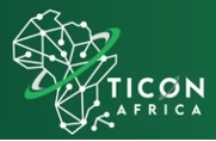
The TICON Africa and AMC conference is more than a gathering of professionals. It is a platform for policy-shaping, knowledge-sharing, and partnership-building. It is a space where ideas must meet action; where strategy must meet execution, and where vision must meet accountability.
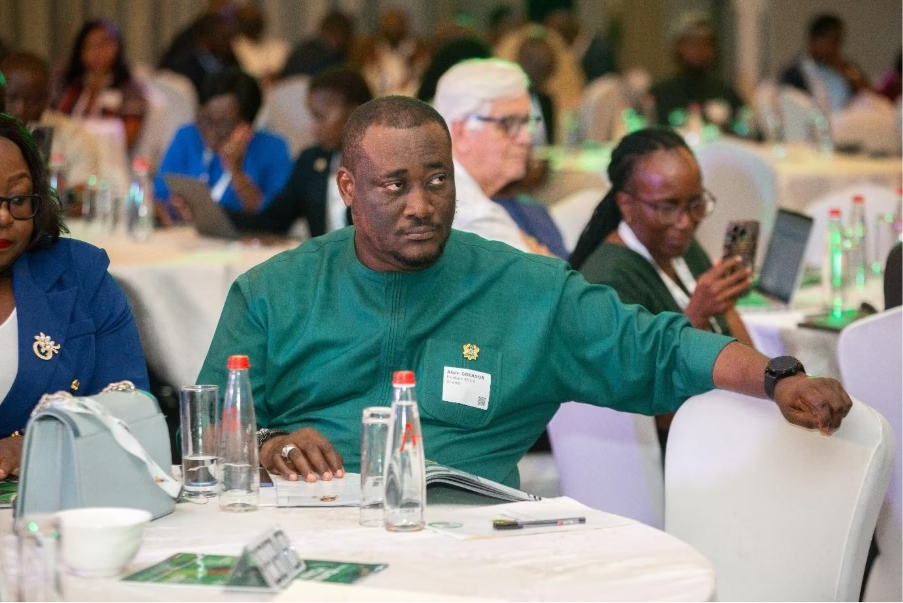
To our stakeholders – government, academia, industry, and civil society – this is our moment to lead. Let us show the continent and the world what is possible when we work together with purpose and resolve.
Let us also remember that digital transformation is not just about technology. It is about people. It is about trust. It is about values. As we build the digital future of Africa, let us ensure that it is inclusive, ethical, and sustainable. Let us build systems that empower the youth, protect the vulnerable, and unlock the full potential of our continent.
To the professionals and decision-makers in Ghana and across Africa, be challenged to Invest in digital skills development – not just in urban centers, but in rural and underserved communities. Let us democratize access to opportunity, champion policy reforms that foster innovation, protect data, and promote responsible technology use. Let us build frameworks that are agile, forward-looking, and people-centered. Let us support cross-industry collaboration between ICT, marketing, finance, education, and beyond. Let us break silos and build ecosystems. As inclusive as we should be, let us empower youth and women to lead in tech. Let us make inclusion not a checkbox, but a cornerstone of our strategy.
As we look ahead, it is imperative to recognize the role of regional cooperation in accelerating digital transformation. Africa’s strength lies in its diversity, and our ability to share knowledge, harmonize standards, and co-create solutions will determine our success. Platforms like TICON Africa must continue to serve as bridges, connecting innovators in Accra to entrepreneurs in Kigali, policymakers in Nairobi to researchers in Lagos. We must foster a culture of open innovation, where ideas flow freely and solutions are built collaboratively.
The private sector must rise to the challenge. Beyond corporate social responsibility, businesses must embed digital inclusion into their core strategies. Investing in local talent, supporting startups, and co-developing technologies that address real African challenges are not just good ethics, they are good economics.
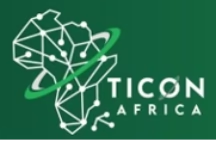
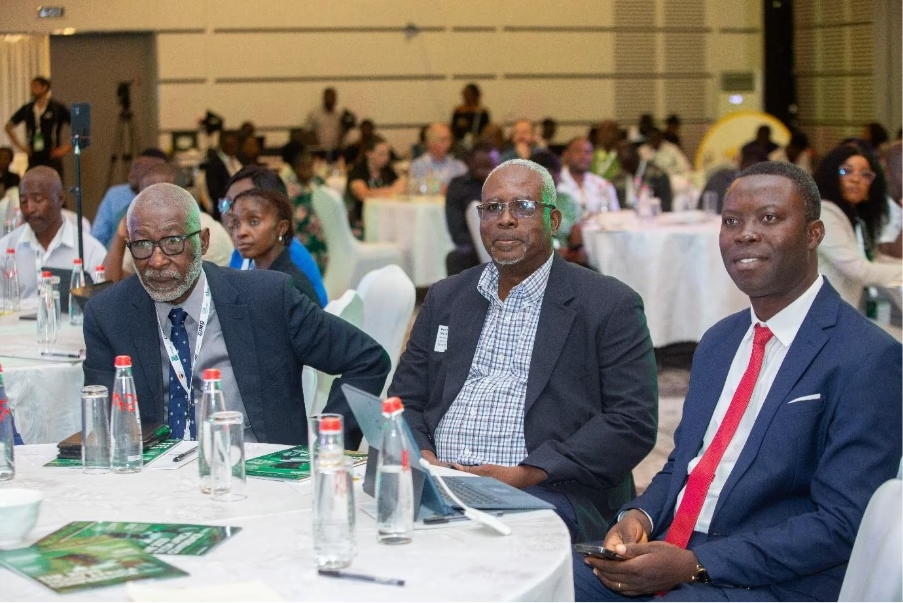
To truly unlock Africa’s digital potential, we must also recognize the critical role of professional bodies in shaping the future. These institutions, whether in ICT, marketing, finance, or engineering, are the custodians of standards, ethics, and continuous professional development. Yet, across many African countries, professional bodies remain underfunded, underutilized, and often disconnected from national policy frameworks.
Investing in professional bodies is not a luxury, it is a strategic imperative. These organizations serve as bridges between academia and industry, between policy and practice, and between local expertise and global standards. When empowered, they become engines of innovation, guardians of quality, and platforms for lifelong learning. They help ensure that professionals are not only skilled but also aligned with evolving global norms and local realities.
In the context of cross-country collaboration, strong professional bodies are essential. They facilitate harmonization of standards, mutual recognition of certifications, and coordinated responses to continental challenges such as cybersecurity, data governance, and digital inclusion. Imagine a future where a fintech developer trained in Ghana can seamlessly collaborate with a cybersecurity expert in Rwanda, or a digital marketer in Kenya, because their professional bodies speak a common language of excellence and accountability.
Moreover, professional bodies play a pivotal role in influencing policy. Their proximity to practitioners gives them unique insights into what works and what does not. When adequately resourced and included in policymaking processes, they can help shape regulations that are both ambitious and implementable. They can advocate for ethical technology use, inclusive innovation, and responsible data practices, ensuring that Africa’s digital transformation is not only fast but also fair.
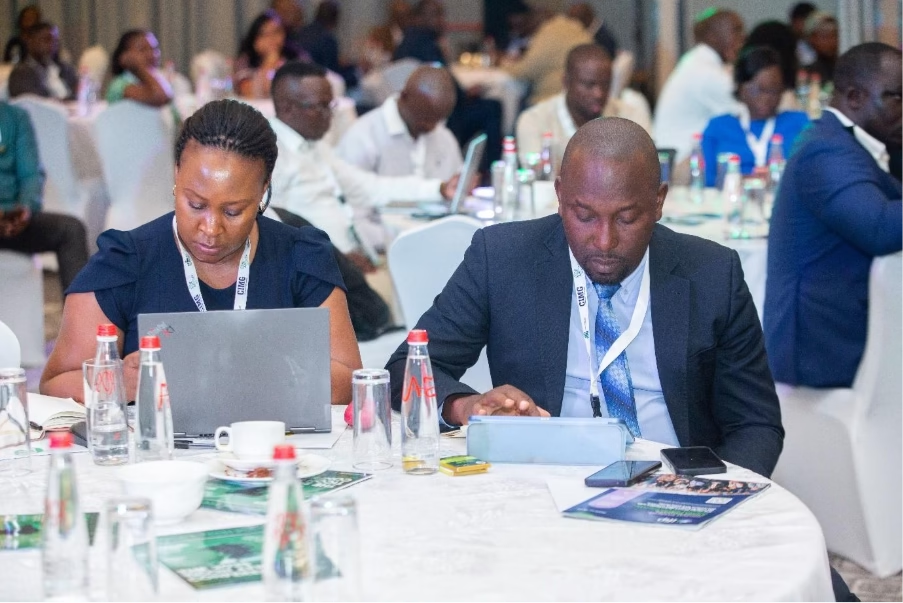
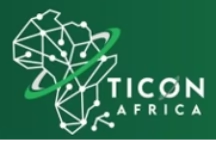
At IIPGH, we have seen firsthand the impact of a well-organized professional community. Our engagements from grassroots digital literacy programs to high-level policy dialogues are powered by the collective expertise and commitment of our members. But we also know that our strength multiplies when we collaborate across borders. That is why we call on governments, development partners, and the private sector to invest in professional bodies, not just as stakeholders, but as strategic partners in development.
Let us build a continental network of empowered professional institutions. Let us create platforms for joint research, shared learning, and coordinated advocacy. Let us ensure that every country, regardless of size or resources, has a vibrant professional ecosystem that contributes meaningfully to Africa’s digital agenda.
In doing so, we will not only elevate the quality of our workforce but also strengthen the foundations of our digital economies. We will build trust, foster innovation, and ensure that Africa’s digital future is shaped by Africans. Professionals who are skilled, ethical, and united in purpose.
Africa’s digital future is not a distant dream. It is a present responsibility, and it is ours to shape. It is something we build together. Let us rise to the occasion, not just as participants in a global digital economy, but as architects of a uniquely African digital renaissance.
Author: Kafui Amanfu, Executive Director, Institute of ICT Professionals Ghana (IIPGH) | TICON Africa Conference 2025 – Accra, Ghana

